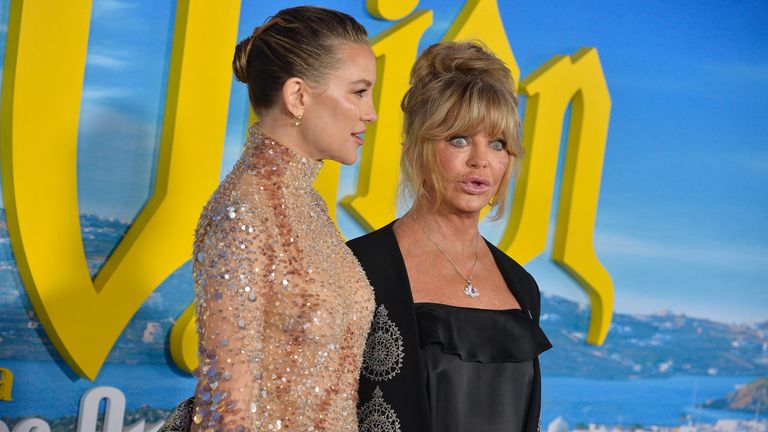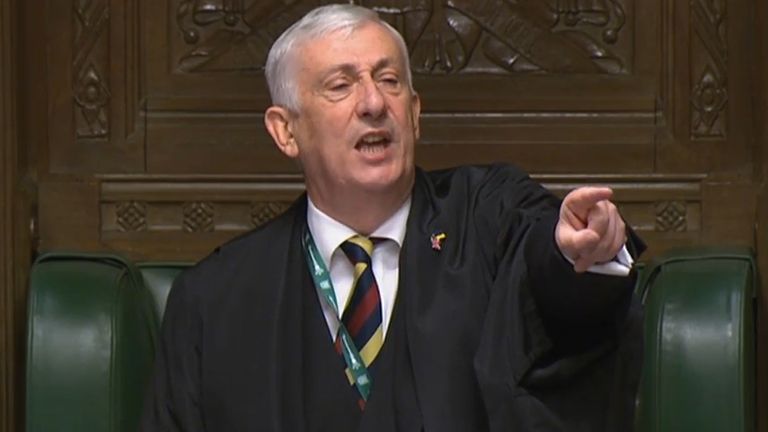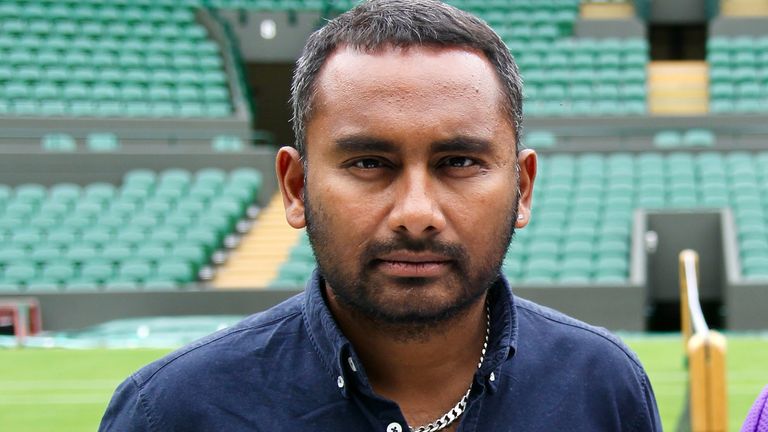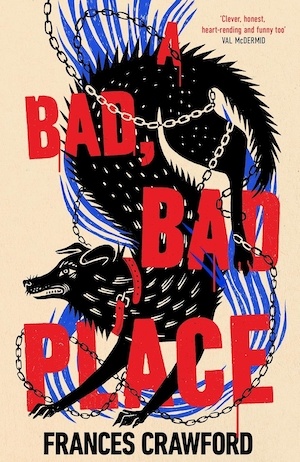“It’s not who you are but who you know” is a saying often used to explain why those with family connections to successful people seem to have a head start doing well in the next generation.
In the US this phenomenon has led Gen Z to coin a new tag “nepo babies” as they list those in showbusiness deemed to have been given a big helping hand by family connections.
Regardless of the talent they have displayed in their own work, the inference is that they got there in part because of nepotism – those in positions of power and influence favouring their relatives, literally from the Greek Nepos, nephew.
It will always be noted that the actor Kate Hudson and film director Sophia Coppola, say, are the children, respectively, of the actor Goldie Hawn and the film director Francis Ford Coppola.
With emotions ranging from contempt and jealousy to admiration and awe, social media has extended the list of nepo babies to sport and politics.
“In tennis the ‘nepo babies’ are everywhere” was the headline of an article in the New York Times this week. Nobody can deny that numerous members of the Roosevelts, Kennedys and Bush clans have made it to high office.
The phenomenon or, as many see it, the problem of nepotism extends to British politics.
Since 2010 the House of Commons library has been keeping a list of MPs related to other current or former members.
In the current parliament, elected in 2019, 49 MPs are listed. That amounts to one MP in 13, 7.5% of the total membership of 650.
It does not count those who may have close relatives in the House of Lords, or first cousins in either house.
Of those currently in the Commons related by blood to MPs past and present there are 17 grandchildren, great-grandchildren nephews, nieces, great-nephews and great-nieces; 13 sons; 4 daughters; 3 sisters; 2 brothers; and one uncle. Currently there are also seven wives and five husbands, though that is a matter of choice rather than genetics.
Some of these have multiple connections. The inclination to dynasticism is not confined to any party. The former Labour cabinet minister Hilary Benn has five links, including to his father Tony Benn, the staunch Republican, a grandfather, two great-grandfathers and a brother who has revived the family title, Viscount Stansgate, in the House of Lords.
Intricate nexus of family connections
The best-connected Conservative is the MP for the Cotswolds Sir Geoffrey Clifton-Brown who has forebears in the Commons sharing the same surname going back four generations.
The most intricate nexus of family connections centres on John Cryer, currently chair of the parliamentary Labour Party. He is the son of two Labour MPs – Bob and Ann Cryer – married to another one, Ellie Reeves, who in turn is the sister of the shadow chancellor Rachel Reeves.
Three Conservative ministers – Victoria Prentis, Victoria Atkins and Andrew Mitchell – are the children of former Tory Ministers. “Red Princes” on the Labour side include frontbencher Stephen Kinnock, son of former leader Neil and Mr Speaker Sir Lindsay Hoyle, son of Doug, now Lord, Hoyle.
The Father of the House, the longest serving MP, Sir Peter Bottomley is married to a former Tory MP, Virginia, and the uncle of a Labour one, Kitty Ussher. Sir Patrick Jenkin, the chair of the Liaison Committee, is the son of Patrick, a former cabinet minister now in the Lords, and married to another peer, Anne, who has had a leading role in selecting Conservative parliamentary candidates.
The political connections game is not limited to Labour and the Conservatives. Great Liberal families include the Asquiths, Bonham-Carters and Grimonds, some of whom are still active in the Lords.
For the DUP Ian Paisley Junior bears the name of his father, a former MP, MLA, MEP and husband of a peer. Scotland’s First Minister Nicola Sturgeon is married to Peter Murrell CEO of the SNP.
Social media has exposed people’s backgrounds and made it increasingly likely that they will be pigeon-holed for them.
Click to subscribe to the Sophy Ridge on Sunday podcast
‘Magic circles’ of influence
Those who feel excluded from “magic circles” of influence are often resentful, especially when there is rivalry between circles – sometimes to comic effect.
The broadcaster Amol Rajan complained publicly about too many presenters at the BBC speaking with received-pronunciation accents, often picked up at private schools.
His Today programme colleague Justin Webb, who went to private school, countered that he thought there were too many people at the BBC with Oxbridge backgrounds. Rajan is a Cambridge graduate, Webb went to the LSE.
Charges of nepotism are taken more seriously than such narcissism of small differences. Ian Wooldridge, the author of The Aristocracy Of Talent: How Meritocracy Made The Modern World, argues that “the march of progress can be measured by the abolition of nepotism”.
Few would challenge his contention that “it can’t be good for democracy if representative positions are hogged by people who belong to a narrow, privileged caste”.
Yet anyone who becomes an MP must pass successfully thorough democratic selection processes.
First by getting on a party candidates list, then by being selected, and finally by winning an election. The factionalism of politics can mean that it is not always an asset to have well-known antecedents.
For a high-profile position such as an MP, which is heavily dependent on personality, it would be almost impossible to go “CV blind” – unless unnamed candidates were interviewed unseen behind a screen like on the old TV show Blind Date and at some orchestral auditions.
In many walks of life families want to pass a particular occupation or business down the generations. Children may get to know the ropes early. Speaker Hoyle says he first attended a Labour Conference as a babe in arms.
Long successions of nepo babies
In history the hereditary principle has frequently been the basis of social and political organisation. Monarchies, including the British Crown, are long successions of nepo babies, as are the aristocracies which often grow up under their patronage. Even the king-killer Oliver Cromwell made his son his heir as Lord Protector.
In the 18th and 19th Centuries British prime ministers came more often than not from the hereditary House of Lords rather than the elected Commons. Many prominent families also had control in constituencies effectively appointing family members as MPs.
Robert Gascoyne-Cecil, the third Marquess of Salisbury, was the last prime minister to govern from the Lords, finally ending his third term in 1902. The keen meritocrat Ian Woolridge points out that the phrase “Bob’s your uncle” dates from Salisbury’s efforts ensuring that his nephew, Arthur Balfour MP was the next PM.
The Cecil family have rendered political services and held high offices at least since Queen Elizabeth I. The current Lord Salisbury, also named Robert Gascoyne-Cecil, was an MP and then a minister in John Major’s government.
He subsequently brokered the deal with New Labour, which kept seats in the House of Lords for a rump of hereditary peers, while drastically reducing their number. Viscount Cranbourn, the courtesy title by which he was then known, recused himself from standing to be one of the peers remaining in parliament.
It has not been, and nor will be, so easy to remove Westminster’s other nepo babies from their positions of power and influence, assuming that is what Meritocrats would like to do.







